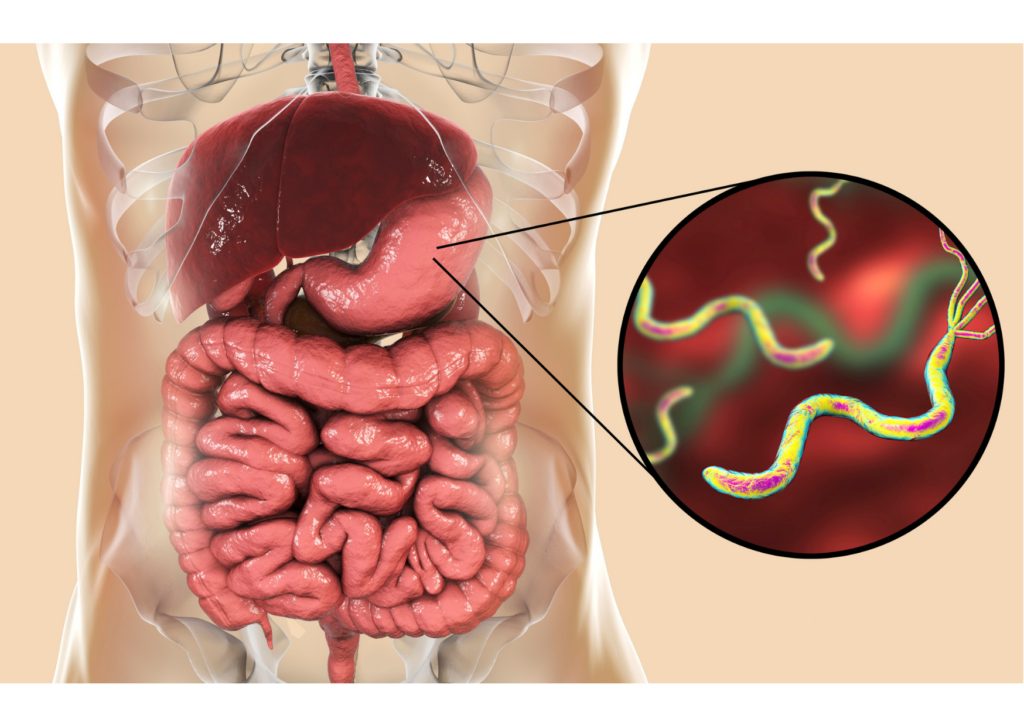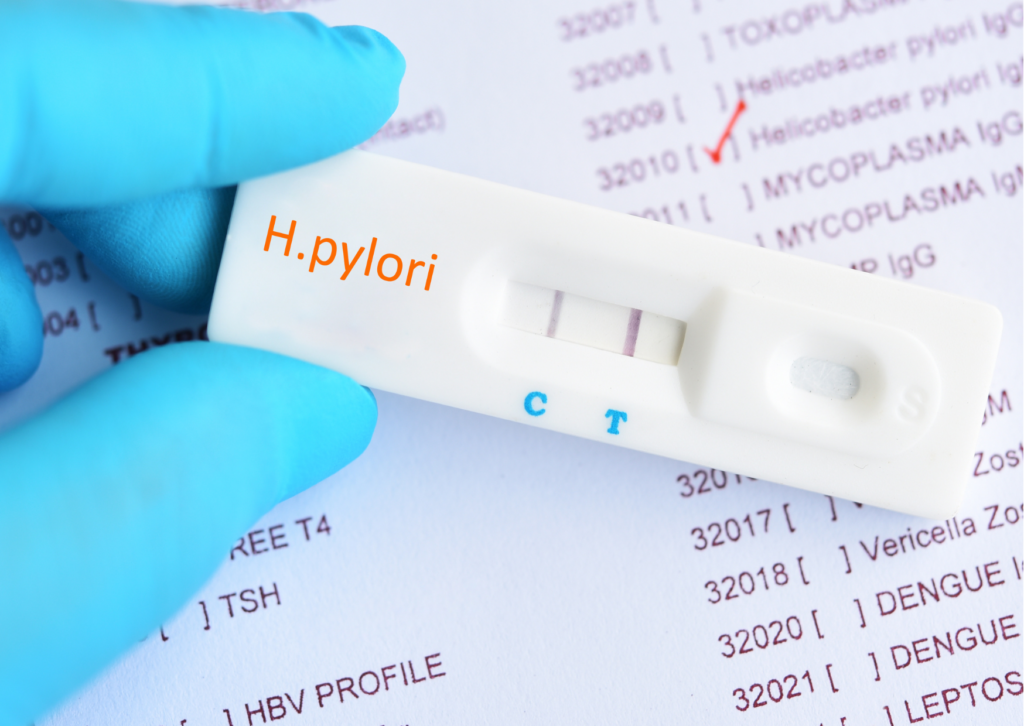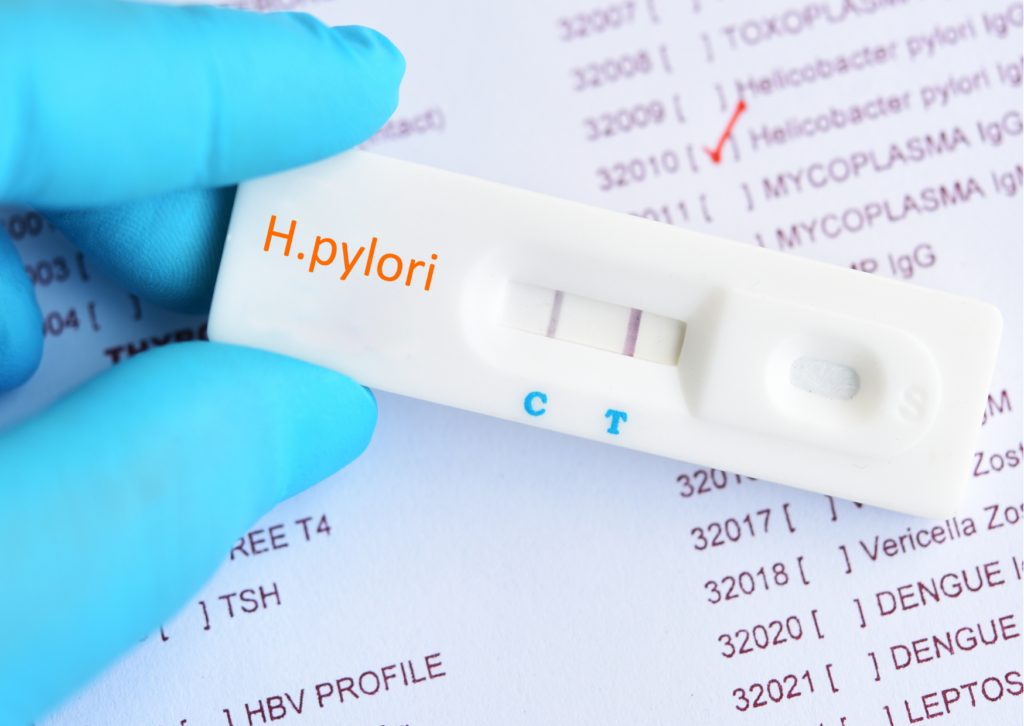Unveiling the Importance of Prebiotics and Probiotics in Your Health Journey
In the booming Prebiotics and Probiotics Industry, the question arises: why are these supplements gaining so much attention, and are they more than just a passing trend? Walk into any grocery, drug, or health store, and you’ll find shelves stocked with products promising to enhance your gut health with “good” bacteria. But what exactly are prebiotics and probiotics, and why are they crucial? If you’re curious about their significance, the difference between them, and where to find the best sources, you’re in the right place.

Why the Sudden Popularity?
The surge in the popularity of prebiotics and probiotics is not just another fleeting fad. It stems from groundbreaking findings in gut health studies, which have elevated the once-understudied and misunderstood organ to a pivotal role in overall health. With the potential to influence everything from mood to disease prevention, the world, including supplement and pharmaceutical companies, has embraced this newfound knowledge. Unlike passing trends, the research on gut health is accumulating, suggesting that prebiotics and probiotics are here to stay.
Probiotics

Probiotics are not a recent discovery; anyone who has taken antibiotics likely received a prescription for probiotics. These live microorganisms, when administered in sufficient amounts, provide health benefits by combating harmful bacteria in the gut. Probiotics regulate metabolism, synthesize vitamins, suppress inflammation, neutralize pathogens, and improve immunity. However, they are susceptible to heat and stomach acid, requiring careful storage and administration on an empty stomach.
Prebiotics

Less familiar than probiotics, prebiotics are non-digestible food ingredients that promote the growth of beneficial microorganisms in the intestines. Found in non-living, non-digestible forms of fiber or carbs, prebiotics create an optimal feeding ground for good gut bacteria to thrive. Unlike probiotics, prebiotics can withstand heat, cold, and stomach acid.
Differentiating Between Pre & Probiotics
While both prebiotics and probiotics support the body in maintaining a healthy colony of bacteria and aiding digestion, the key distinction lies in live microorganisms. Probiotics contain live microorganisms, while prebiotics, indicated by the prefix “pre,” precede probiotics in the process by providing the necessary fuel for the multiplying microorganisms.
Do You Really Need Them?
The necessity for prebiotics and probiotics depends on individual circumstances. For those with gut issues, focusing on prebiotics first to colonize and nourish the gut is advisable. However, supplementing with high-quality probiotics may be beneficial, especially after antibiotic use or for individuals with a less diverse gut microbiome.
Quality Matters: The Gut Journey
Most of the microbiome resides in the colon, emphasizing the importance of probiotics surviving the journey from manufacturing to the colon. Quality probiotics are essential to ensure they endure the challenges of the gastrointestinal tract and have the intended positive impact.
Recommended Sources:
Prebiotics:
– Bananas
– Apples
– Leeks
– Oats
– Onions
Probiotics:
– Yogurt
– Kimchi
– Kombucha
– Kefir
– Sauerkraut
Given the vital role of gut health, leaving it to chance is not an option. While consuming natural sources, supplementing with high-quality pre and probiotics can enhance gut health. I’ve partnered with reputable companies, Organifi and Seed Probiotics, to simplify your choices, offering discounts to ensure you get the best.

In conclusion, the transformative power of what you put into your body is now clearer than ever. Armed with knowledge about prebiotics and probiotics, you have the tools to improve your health radically. Whether through food or supplements, the journey toward optimal gut health begins with you.
Join our free masterclass where we break down the three essential elements of gut health that you can easily apply in your daily life! https://chelseahainescoaching.ck.page/masterclass23-replay
February 12, 2024
Leave a Reply Cancel reply
Podcast
Have you tuned in?
Let's Start Health; a podcast willing to start the awkward, vulnerable, and even hard conversations needed in order to break through stigmas of mental and physical health, as well as educate and inspire those on a journey to healing. Hosted by Chelsea Haines.
Be the first to comment